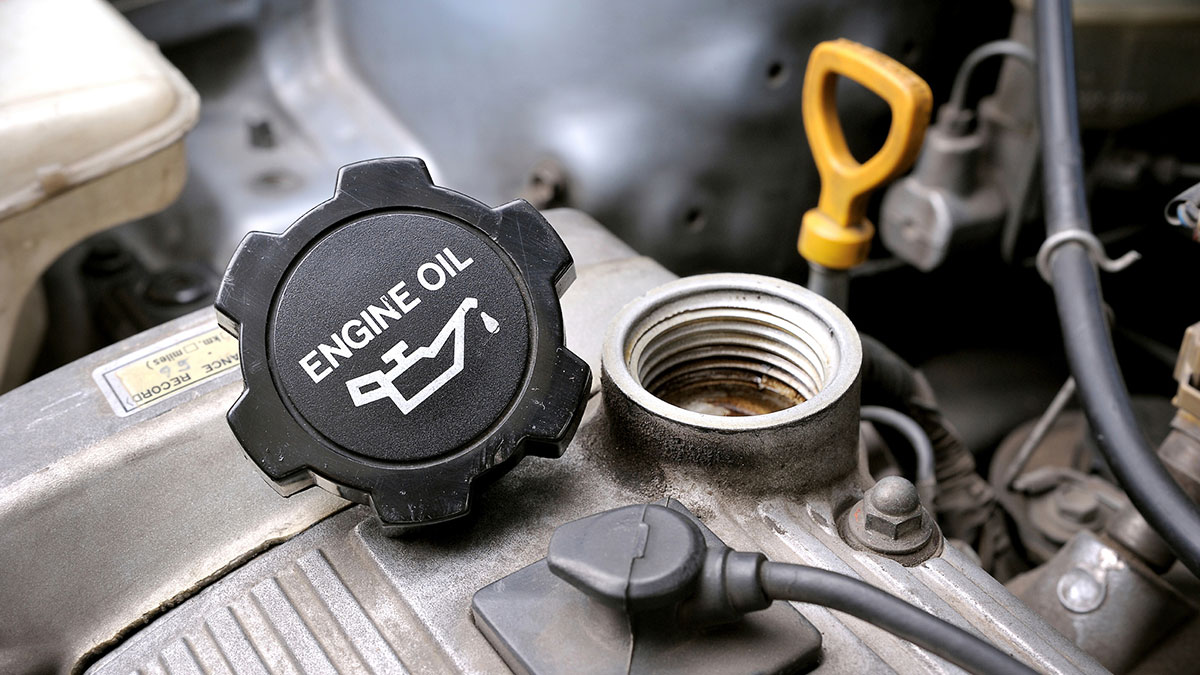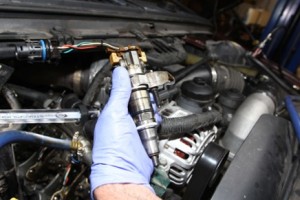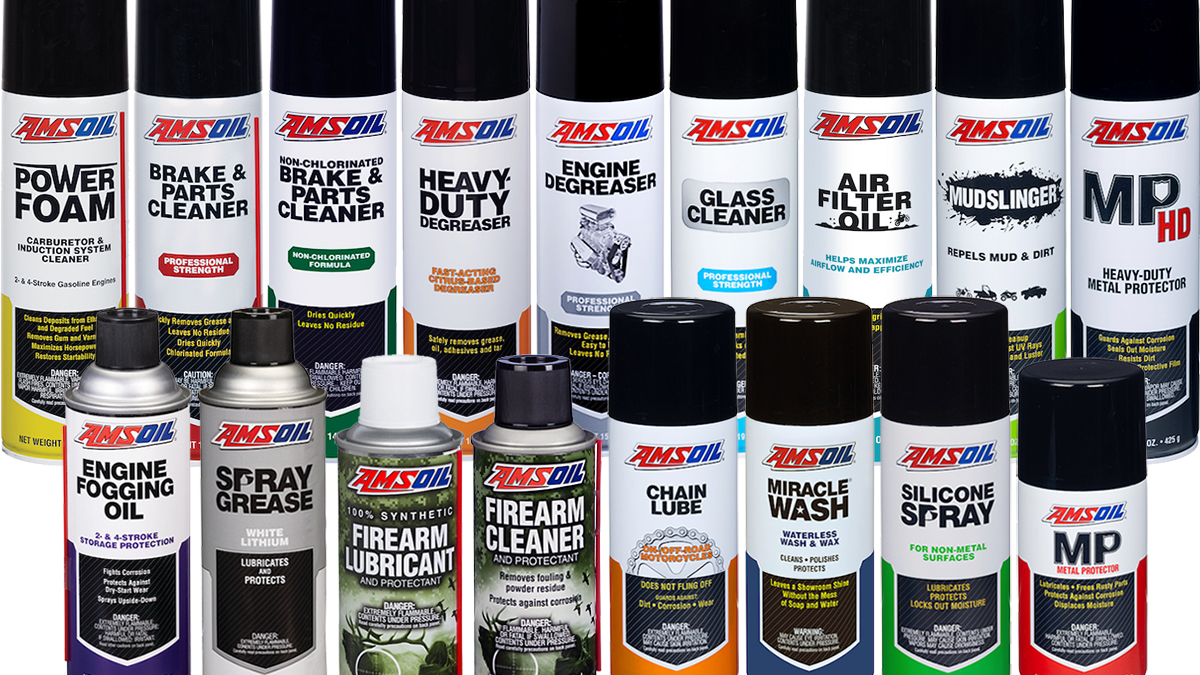Fuel dilution occurs when gasoline or diesel fuel infiltrate your engine’s crankcase and dilute, or “water down,” the motor oil.
What causes fuel dilution?
A number of factors, including…
- Dirty or leaking fuel injectors
- Excessive idle time
- Incomplete combustion
- Low engine temperatures
- Frequent short-trip driving
- Worn piston rings/excessive blow-by
Some applications are especially prone to fuel dilution. Police fleets, fire trucks and other emergency vehicles are great examples. Common conditions include short bursts of driving and long periods of idling.
Delivery trucks, too, can suffer from fuel dilution given the constant stop-and-go conditions that prevent the oil from warming enough to evaporate any accumulated fuel.
Gasoline direct injection (GDI) can be another cause. GDI technology locates the fuel injectors directly in the cylinder as opposed to the manifold. This arrangement allows for greater control over the injection event. This allows engineers to fine-tune engines for greater efficiency and power.
One side effect, however, is fuel dilution. As fuel is sprayed into the combustion chamber, it can wash past the rings and down the cylinder walls, into the oil sump.
How much is too much?
In a perfect world, we prefer no fuel mixes with the motor oil. But life has a way of interfering with perfection. With that in mind, the following cautionary limits are acceptable provided motor oil viscosity has not significantly changed. Fuel dilution that surpasses these guidelines requires attention.
Acceptable fuel dilution limits
- Up to 2.4 percent in gas engines
- Up to 3.4 percent in diesel engines
Why is fuel dilution a problem?
- Reduced oil viscosity interferes with formation of a durable lubricating film, inviting wear. It also negatively affects the oil’s ability to function as a hydraulic fluid, which is critical in engines with variable valve timing
- Fuel can wash oil from the cylinder wall, causing higher rates of ring, piston and cylinder wear
- Reduced effectiveness of detergency additives limits the oil’s ability to guard against deposits
- Increased oil volatility results in higher oil consumption, requiring more frequent top-offs
- Accelerated oxidation reduces the oil’s service life and requires more frequent oil changes
What if I suspect fuel dilution?
First, ensure there’s really a problem. Although it’s possible to smell fuel in a motor oil sample, oil analysis is the most accurate method of determining the severity of fuel dilution. If the oil analysis report reveals abnormal fuel dilution, the next step is to determine the cause.
There’s an old adage when troubleshooting: start with the easiest and least expensive fix. In this case, try a fuel-system cleaner, such as P.i.® Performance Improver or Diesel Injector Clean.
Sometimes a piece of debris can lodge in an injector tip and prevent it from closing, allowing fuel to trickle into the cylinder and wash into the crankcase. A fuel-system cleaner may be all that’s required to solve the problem.
If that doesn’t work, it’s likely time to visit a mechanic.
Adjust driving conditions
Sometimes, driving conditions are to blame for fuel dilution. In this case, there isn’t much you can do except change how you drive, if possible.
- Reduce idling time as much as possible
- Mix in longer trips to ensure the engine reaches operating temperature for several minutes
- Use a high-quality oil that resists wear
If fuel dilution is a problem, use a high-quality synthetic motor oil to guard against accelerated wear. (You should do this anyway.) Although oil film thickness is related to viscosity – and excessive fuel dilution reduces viscosity regardless of oil quality – film strength is a function of base oil and additive quality. AMSOIL synthetic motor oils use top-grade base oils and additives to help protect components from wear.
Finally, make sure you change oil according to the proper recommendations. Vehicles prone to fuel dilution typically operate under severe service, so follow the severe-service guidelines in your owner’s manual or on the motor oil label.
Updated. Originally published Oct. 29, 2018.







Comments
Share: